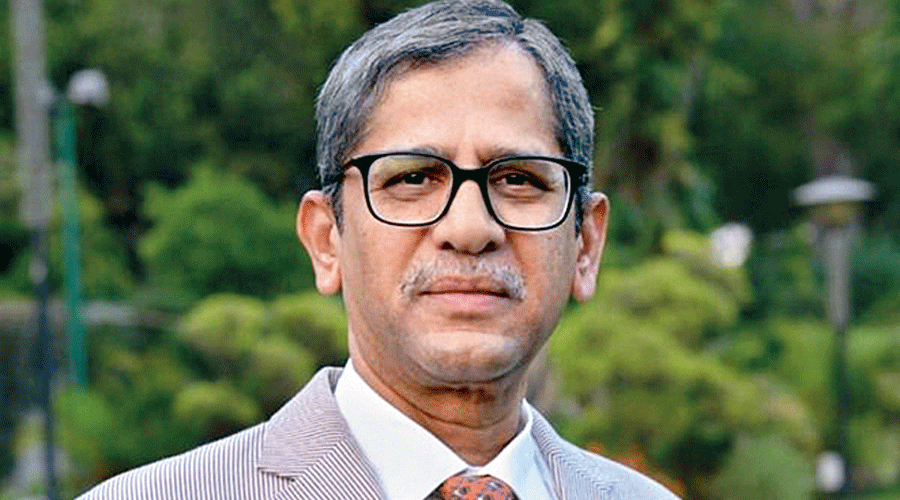The process is the punishment. Not for the first time, the Chief Justice of India, N.V.Ramana, reportedly drew attention to the problems in India’s justice system, from indiscriminate arrests and the paucity of bail to the prolonged incarceration of people without bail or trial. That around 80 per cent of prisoners are of under-trial status indicated the scale of the problems.The CJI said that the goal should not merely be the early release of under-trial prisoners, but a review of the procedures that had allowed this situation to develop. Speaking at a meeting of the National Legal Services Authority, the CJI mentioned the service Nalsa rendered in legal aid, and urged the importance of helping those under-trial prisoners who came from the most vulnerable sections of the population and were left to rot in prisons without access to the route to justice. The CJI’s description of their plight was a reminder of a lack of humane values, the violation of human and constitutional rights, and also of a created load on an overburdened justice system.
The CJI’s concern included in its sweep the different segments that make up the justice system. And the first segment comprises the police, who had been urged earlier to stick to the provisions of the Criminal Procedure Code directing that arrests should be made when absolutely necessary. When granting bail to the journalist, Mohammed Zubair, a Delhi court’s comments glanced indirectly at this principle when the judge remarked in effect that democracy worked and prospered through the free expression of opinions, dissent included, and political parties had to accept criticism.Mr Zubair’s bail also exemplified what the CJI has been repeatedly proclaiming, that bail is the rule not the exception. The reluctance to grant bail — Stan Swamy’s death in prison remains fresh in people’s memory — adds to the under-trial population, making the whole process from arrest to prison stay a punishment whether or not the accused is guilty. It is a denial of justice within the justice system; the CJI’s speech pointed implicitly to that. Mr Zubair has been refused bail in the case against him in Lakhimpur Kheri, so he remains in prison. It is time that the points the CJI keeps making were analysed and discussed by law-enforcers and the judiciary in every district.










